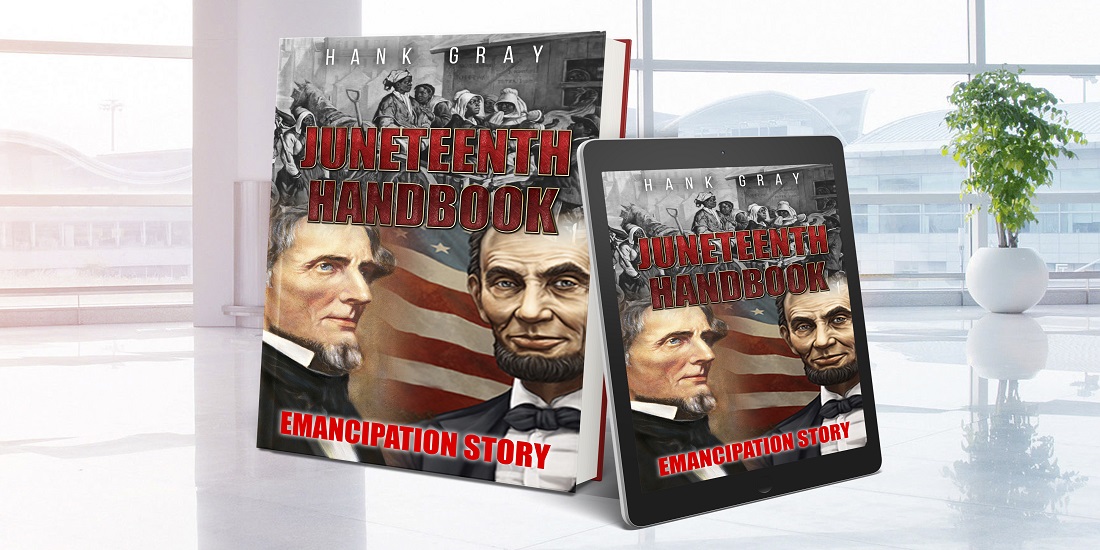Should the history of slavery be taught in school is the question this post poses, an idea that came to me after reading a recent news report that said some politicians were trying to ban the teaching of the history of slavery in the classroom. It is my belief that studying history can help with making better decisions and judgments. History teaches us all how to learn from our mistakes (there is no success like failure:-) History shows us models of good and bad citizenship and helps us understand societal development and change. There is even some evidence that history not learned will be repeated.
When I was in school, I would have loved to learn about how the first generation of former slaves was able to complete far fewer years of schooling, on average, than white students. In fact, it would be years later when I would realize that the school life I knew growing up in the 60s out here on the west coast was nothing like the school life my mother's sharecropping family experience in the deep south. While gathering information from my mother to ghostwrite her book that a stroke took away her ability to do, I learned that her sharecropper family wasn't allowed schooling during the harvest season.
In a lot of ways, sharecropping replaced slavery when it came to oppressing African American education, and no matter how hard a sharecropper family worked during the year the average sharecropper family usually ended up owing more than they earned each season. Regular schools in the south in the 60s believed that separate but equal was an education plan that worked best. For most African Americans that plan led to a qualitatively inferior education. The history of which, in the 1960s brought about social change that put a spotlight on the fact that separate was not equal when it came to education.
How soon should children be taught about slavery? For a subject some want to avoid altogether I would say at the age of 5, with child-friendly images that are not graphic but honest to the experience of slavery. A history where the better angels of humanity destroyed slavery in the U.S. only helps us develop a better understanding of the world in which we live, and to me, that is a big plus. Especially if we could now turn that energy that destroyed slavery toward the new enemy of racism.
The reason we need to learn about slavery in school is the history of slavery is part of American History that can help young minds be better equipped to deal with dilemmas and complex questions that their own children may ask one day, and to determine how our past in the shape of monuments, flags, and long-held beliefs still shapes local, national, and global relationships between people and societies.
Building a better knowledge of Black History, including slavery, that leads to understanding the events and trends that have brought us from the end of slavery in the United States to where we are today is the best way to safeguard freedom and ensure the words of the constitution that read all men are created equal.


